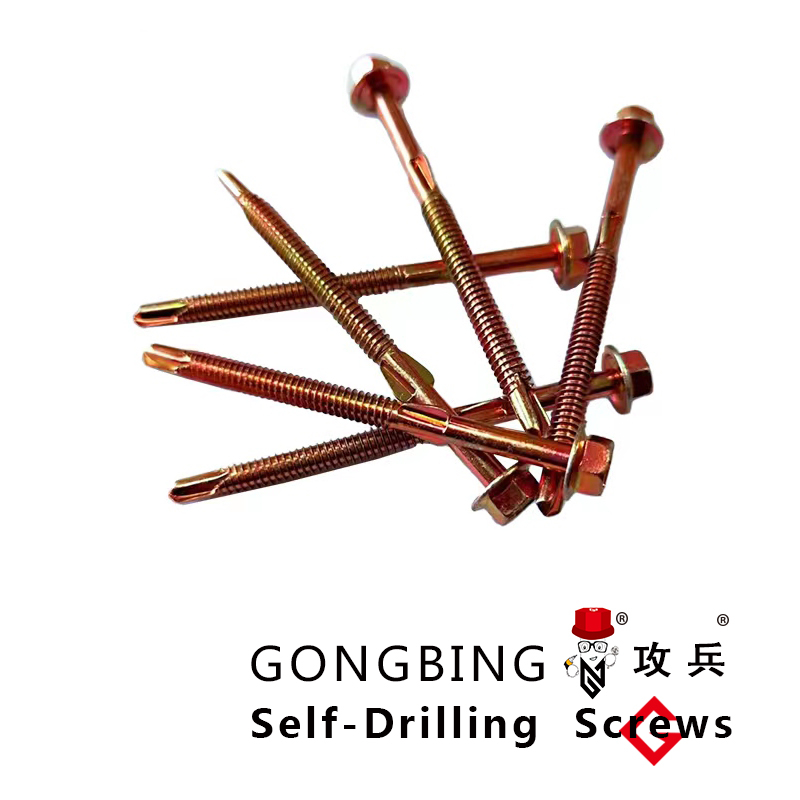strong bolt anchor
Understanding Strong Bolt Anchors A Key Component in Construction and Engineering
In construction and engineering, the use of strong bolt anchors is crucial for ensuring that structures remain stable and secure over time. These anchors serve as vital connections between various components, providing the strength required to hold everything in place, whether it is in the foundation of a building, securing machinery, or in the assembly of complex structures.
What is a Strong Bolt Anchor?
A strong bolt anchor is a fastener used to attach objects or structures to concrete or masonry surfaces. They are designed to bear heavy loads and are made from durable materials that can withstand environmental stressors such as temperature fluctuations and moisture. Strong bolt anchors come in various forms, including expansion bolts, wedge anchors, and chemical anchors, each offering distinct advantages depending on the application.
1. Expansion Bolts These are commonly used in concrete applications. When installed, the end of the bolt expands against the sides of the hole drilled into the concrete, creating a tight fit. This type of anchor is often used for securing fixtures, light posts, and even structural elements.
2. Wedge Anchors Similar to expansion bolts, wedge anchors are designed for heavy-duty applications. They consist of a bolt with a wedge-shaped end that expands when tightened, securing it firmly in place. Wedge anchors are ideal for securing heavy machinery and large structural components.
3. Chemical Anchors These use a two-part epoxy or adhesive that, when mixed and applied, sets and bonds to the bolt, fastening it within the drilled hole. This type of anchor provides exceptional load-bearing capacity and is particularly useful in applications where traditional mechanical anchors may not suffice.
Strength and Durability
strong bolt anchor

The strength of a bolt anchor is determined by several factors including the material used, the type of installation, and the load it must bear. Most strong bolt anchors are made from steel or stainless steel, which provides the tensile strength required to hold loads, while also offering resistance to corrosion and wear.
The installation method is equally important. Proper drilling techniques, the correct anchor size, and the right choice of anchor type for the specific application significantly influence the performance of the anchor. Engineers and contractors must consider these factors carefully to avoid potential failures.
Applications in Modern Construction
Strong bolt anchors have numerous applications in modern construction and engineering projects. They are used in both residential and commercial settings, from anchoring appliances in homes to securing steel beams in skyscrapers. In bridge construction, for instance, they play a critical role in maintaining structural integrity and ensuring safety for thousands of daily commuters.
Furthermore, as the construction industry advances towards more complex and sophisticated designs, the demand for robust anchoring solutions continues to rise. Strong bolt anchors are at the forefront of this innovation, providing the essential support needed for new materials and techniques.
Conclusion
In summary, strong bolt anchors are indispensable components in construction and engineering, providing the necessary strength and stability for a wide range of applications. They are designed to handle substantial loads and resist various environmental conditions, making them ideal for critical structural applications. As technology and construction methods evolve, the effectiveness and efficiency of bolt anchors will undoubtedly continue to improve, solidifying their role in building the safe and durable structures of the future. Whether it’s a small residential project or a large-scale infrastructure endeavor, the importance of choosing the right strong bolt anchor cannot be overstated—it is, quite literally, the foundation of solid construction.
-
Weatherproof Plastic Expansion Anchors for OutdoorNewsJun.06,2025
-
Sustainability in the Supply Chain: Eco-Friendly TEK Screws ProductionNewsJun.06,2025
-
Load-Bearing Capacity of External Insulation FixingsNewsJun.06,2025
-
Double Head Bolts: Enhancing Efficiency in Industrial MachineryNewsJun.06,2025
-
Corrosion Resistance in Chipboard Screws: Coatings for Wholesale DurabilityNewsJun.06,2025
-
Butterfly Toggle Bolts : Enhancing Structural ResilienceNewsJun.06,2025
